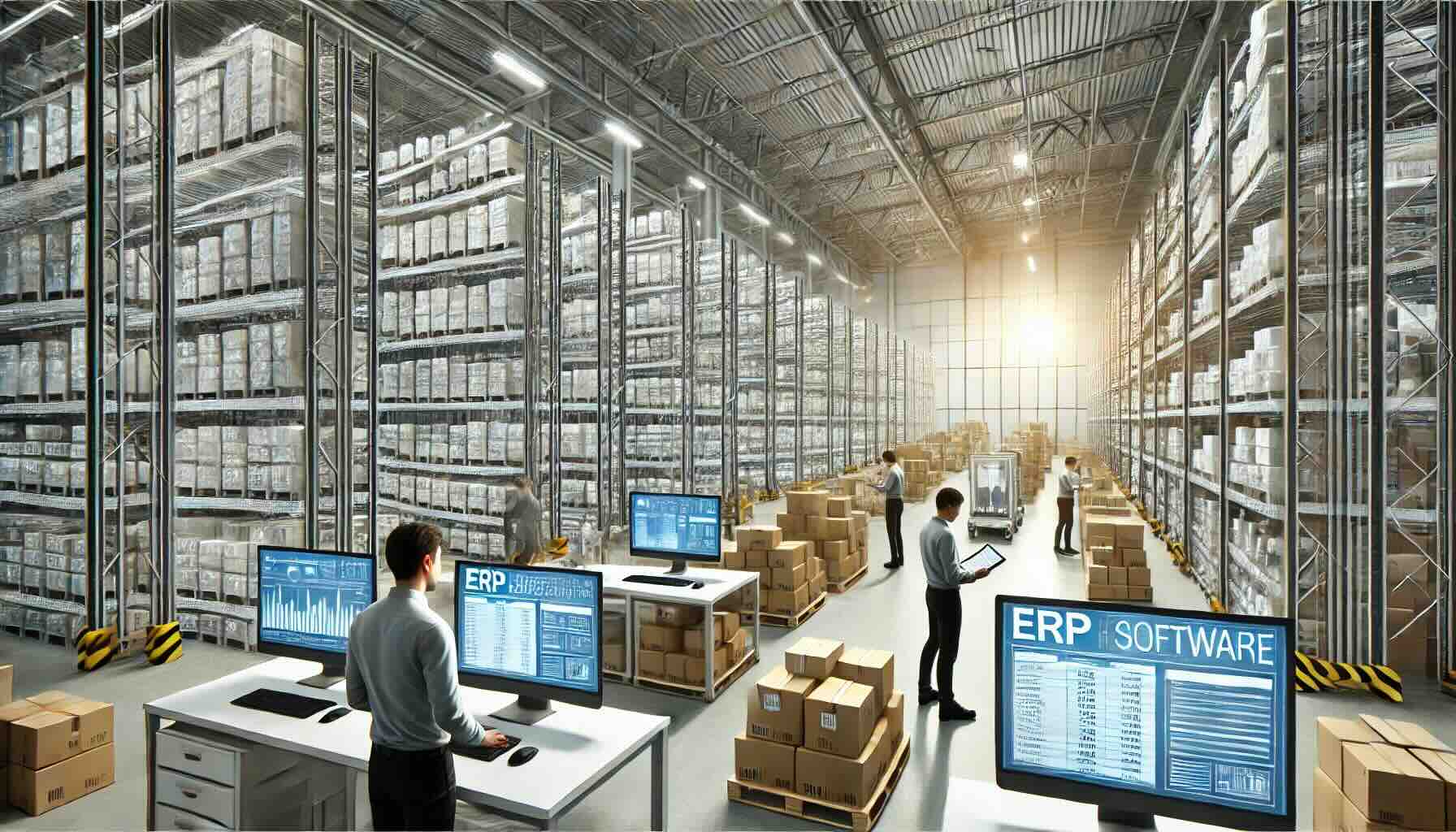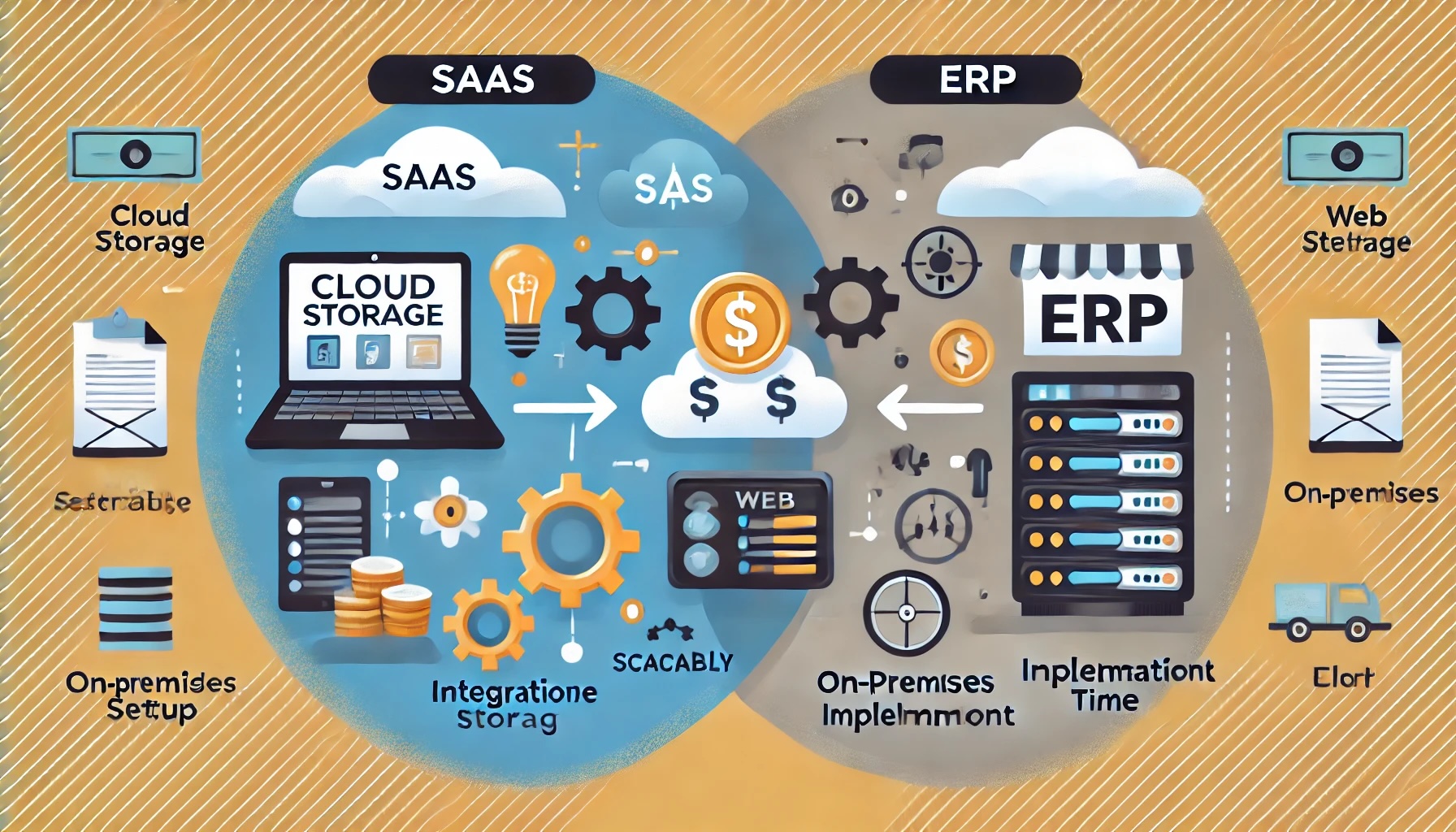Is IFS a Good ERP for Manufacturing Businesses?

Introduction
In the fast-paced world of manufacturing, efficiency, agility, and precision are crucial for success. Enterprise Resource Planning (ERP) systems play a central role in achieving these goals by streamlining operations, boosting productivity, and ensuring compliance with industry standards. Among the many ERP options available, IFS (Industrial and Financial Systems) stands out in the manufacturing sector. But does IFS truly meet the needs of manufacturing businesses? This article dives into the features, benefits, and potential challenges of using IFS in the manufacturing industry, helping you make an informed decision.
Understanding IFS ERP
IFS has earned a reputation as a globally recognized ERP system known for its flexibility, scalability, and industry-specific solutions. Unlike ERP systems that try to cater to a broad range of industries, IFS tailors its offerings to sectors like manufacturing, aerospace and defense, energy, and utilities. This industry focus allows IFS to deliver deep functionality and support for complex operations, making it a strong choice for manufacturers.
Key Features of IFS for Manufacturing
IFS offers a wide range of features designed to support every aspect of the manufacturing process, from product design and planning to production, quality control, and distribution. Some of the most important features include:
- Production Planning and Scheduling: IFS provides advanced tools for production planning and scheduling, enabling manufacturers to optimize resources, minimize downtime, and meet delivery deadlines. The system supports various manufacturing modes, including make-to-order (MTO), make-to-stock (MTS), engineer-to-order (ETO), and configure-to-order (CTO), making it versatile for different production strategies.
- Supply Chain Management: IFS integrates supply chain management directly into its ERP system, allowing manufacturers to manage suppliers, inventory, and distribution channels effectively. This integration ensures a smooth flow of materials and products through the supply chain, reducing bottlenecks and improving overall efficiency.
- Quality Management: Quality remains a top priority in manufacturing, and IFS provides robust quality management tools to maintain high standards. The system allows real-time monitoring of quality metrics, helping manufacturers identify and address issues promptly, thus reducing the risk of defects and recalls.
- Asset Management: For manufacturers with significant investments in machinery and equipment, IFS’s asset management capabilities prove invaluable. The system tracks and manages the lifecycle of assets, from acquisition and maintenance to disposal, ensuring peak efficiency and reduced downtime.
- Regulatory Compliance: Compliance with industry regulations and standards poses a major challenge for manufacturers. IFS ERP offers tools to manage compliance requirements, including documentation, reporting, and audits. This feature proves especially beneficial for manufacturers in highly regulated industries like pharmaceuticals and food processing.
Benefits of Using IFS in Manufacturing
- Industry-Specific Focus: IFS’s strong focus on manufacturing and other industrial sectors gives it an edge. The system addresses the specific challenges and needs of manufacturing businesses, providing solutions that often prove more relevant and effective than those offered by generalized ERP systems.
- Flexibility and Scalability: IFS stands out for its flexibility, allowing manufacturers to customize the system to fit their specific processes and workflows. Moreover, the system scales easily, making it suitable for both small manufacturers looking to grow and large enterprises with complex operations.
- Integrated and Comprehensive Solution: IFS provides a fully integrated solution that covers all aspects of manufacturing operations, from the shop floor to the executive suite. This integration eliminates the need for multiple disparate systems, reducing complexity and improving data accuracy and visibility across the organization.
- Global Reach with Local Adaptability: For manufacturers operating in multiple countries, IFS offers the advantage of being a global ERP system that adapts to local requirements, including language, currency, and regulatory compliance. This adaptability makes it easier for manufacturers to standardize operations across different regions while remaining compliant with local laws and practices.
- Strong Support and Community: IFS boasts a strong support network and an active user community, giving manufacturers access to a wealth of resources, including training, best practices, and peer support. This community aspect proves especially beneficial for companies implementing the system for the first time.
Potential Drawbacks of IFS for Manufacturing
While IFS offers many benefits, manufacturers should also consider some potential drawbacks:
- Complexity and Implementation Time: Like many ERP systems, IFS can be complex to implement, particularly for large organizations with intricate processes. The implementation process can consume time and resources, requiring careful planning and management to avoid disruptions to operations.
- Cost: IFS ranks as a premium ERP solution, and the cost of licensing, implementation, and ongoing maintenance can be high. For smaller manufacturers or those with limited budgets, this cost could become a significant concern.
- Learning Curve: Due to its comprehensive features and customization options, IFS can have a steep learning curve. Employees may require extensive training to use the system effectively, which could impact productivity during the transition period.
Conclusion
IFS emerges as a strong ERP choice for manufacturing businesses, offering a range of industry-specific features and benefits that streamline operations, improve efficiency, and ensure compliance. Its flexibility, scalability, and global reach make it a suitable option for manufacturers of all sizes, from small enterprises to large multinational corporations. However, potential users must weigh the complexities and costs associated with implementing and maintaining the system. By considering these factors against your specific business needs, you can determine whether IFS is the right ERP solution for your manufacturing operation.
To compare IFS with 100s of other ERP solutions, you can use our new AI-powered Compare ERP tool. It’s free to use and you get a guaranteed discount on your first year’s licence fees with a referral from Compare ERP.









